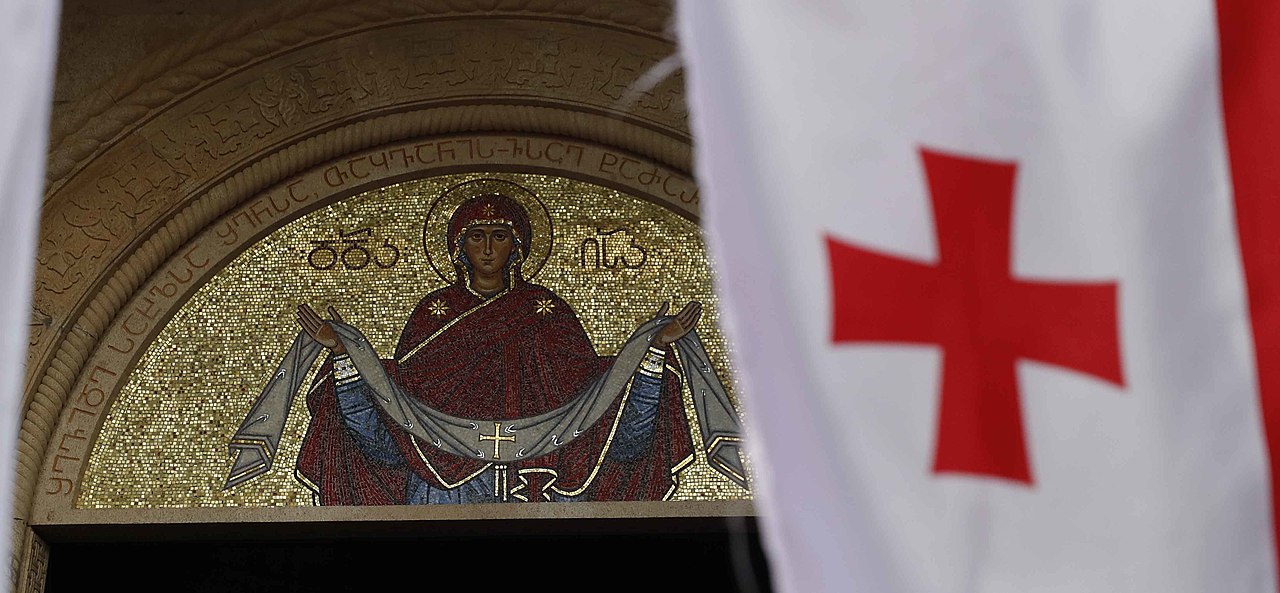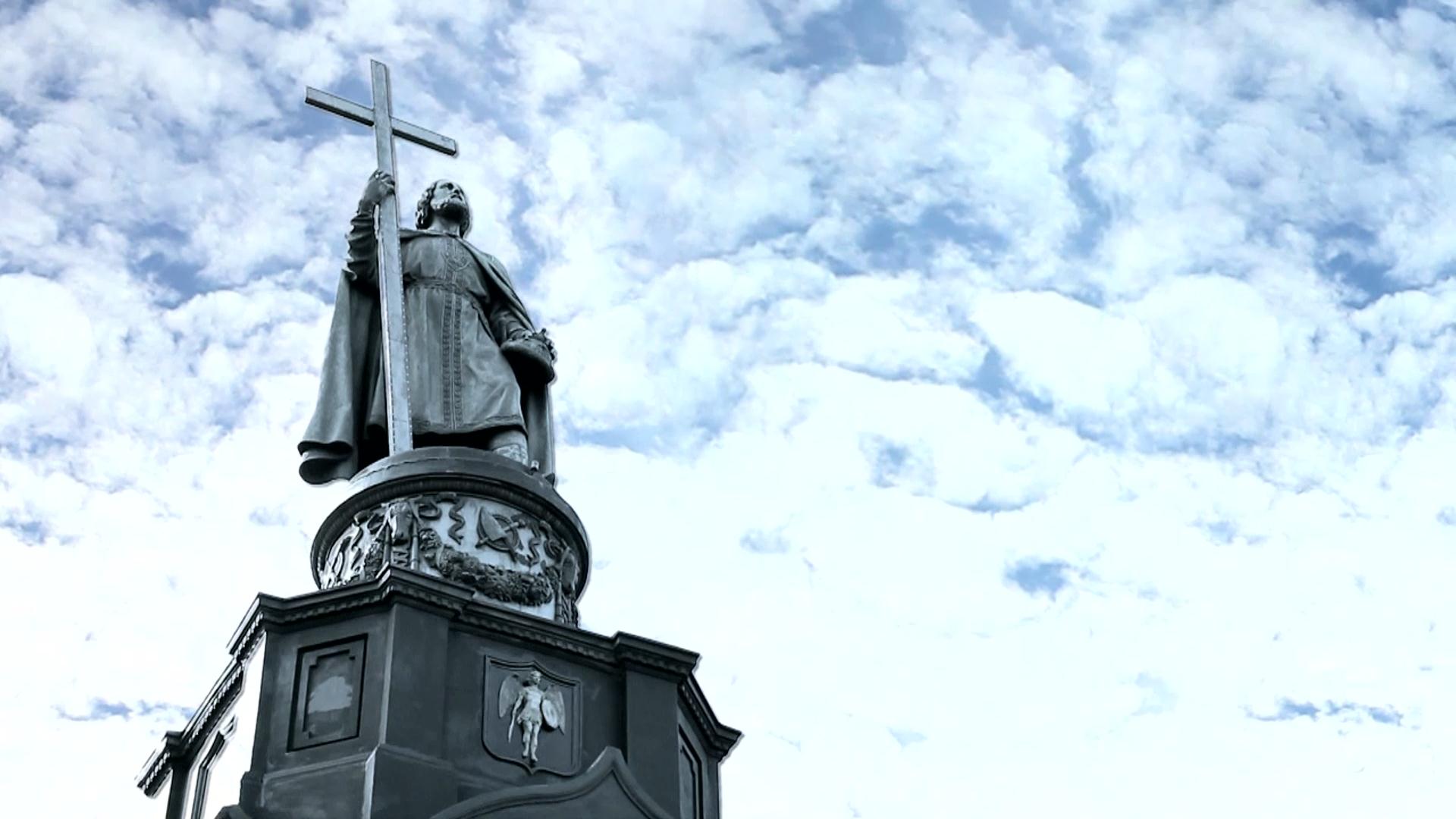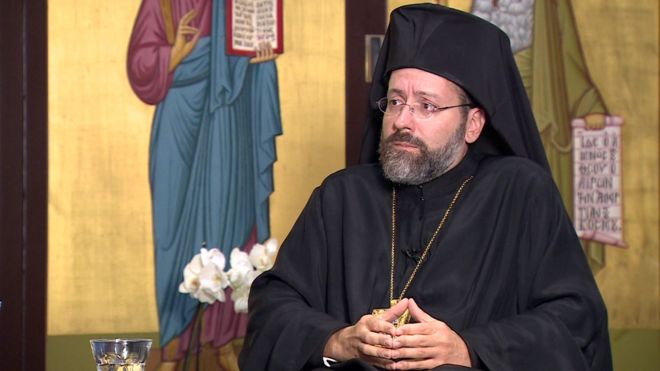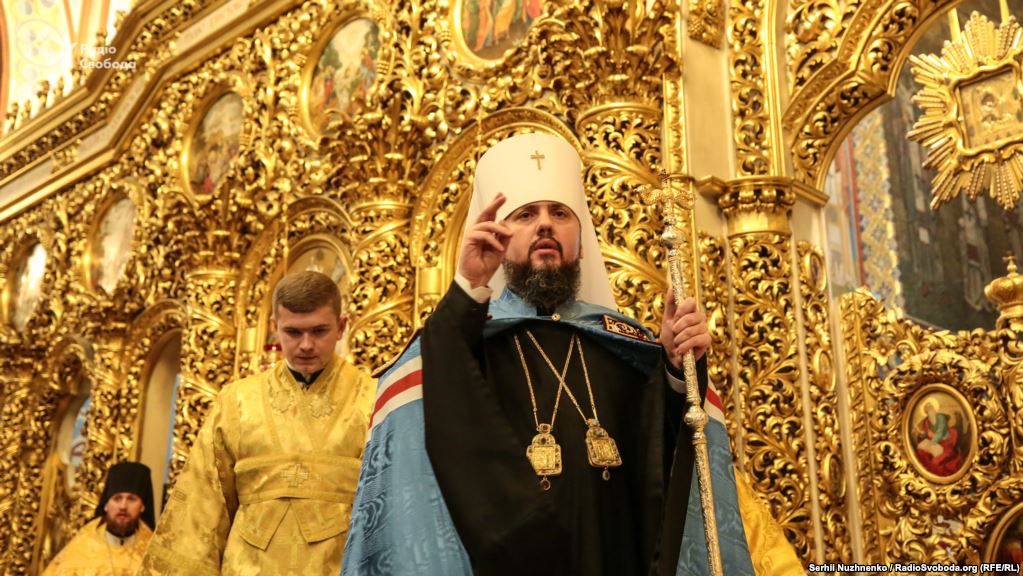The Georgian Orthodox Church has not yet recognized the autocephaly of the Ukrainian Orthodox Church because it is concerned that if it does, the Russian Orthodox Church Moscow Patriarchate (ROC MP) will annex as part of its canonical territory, Abkhazia and South Ossetia. But Moscow already controls church life there, Dmytro Horyevoy says.
Consequently, “if Tbilisi recognizes the Ukrainian Church, nothing in essence will change;” and when the Georgian church does so, Moscow’s response will be “yes, we are here on the canonical territory of another,” the Ukrainian analyst says.
No one in the Orthodox world, Horyevoy suggests, “will ever recognize Abkhazia as the canonical territory of the ROC MP just as no one recognizes Crimea as Russian.” And that means that “the recognition of the Ukrainian Orthodoxy Church by the Georgian Church just like a complete break with the ROC is only a question of time.”
The Georgian church is a millennium older than the Russian one, and perhaps even more important achieved autocephaly from the Antioch church in the fifth century CE rather than in a two-stage process from Constantinople through Kyiv to Moscow. Russians date their church from 988, but in fact, Moscow did not have autocephaly until 1461.
In 1811, when the Russian state occupied Georgia, the Russian church liquidated the Georgian church and absorbed it, even though by so doing, it was violating canon law and a church headed by a metropolitan subordinated in this way a church headed by the most more honorable title of patriarch.
The Ecumenical Patriarch in Constantinople did not recognize the restoration of Georgian autocephaly just as it did not recognize Moscow’s promotion of autocephaly for the Orthodox in Poland in 1949 and Czechoslovakia in 1951. The Soviet state wanted to increase its presence in world Orthodoxy, and Constantinople sought to block it, Horyevoy says.
Tbilisi finally achieved Constantinople’s recognition of its autocephalous status in 1990 “when the Georgian SSR was renamed the Republic of Georgia and de facto left the USSR. Formally, [Constantinople] asserted that “in one change there must be one church, but in fact the reasons were different.” The Universal Patriarch wanted to support Georgian independence.
At present, “Georgians have their own problems with separatism which is artificially supported by Moscow.” The Georgian state does not control Abkhazia or South Ossetia, “but as in the past, it considers both its territories.” The Georgian church feels the same way and thus has been slow to recognize Ukrainian autocephaly.
Read More:
- 39% of Orthodox in Ukraine allied to Ukrainian church, more than twice than to the Moscow church
- Epiphanius reminds that all Orthodox parishes in Ukraine belong to the Ukrainian church
- Alternative history: how Russia seeks to annex Kyivan Rus
- Another ancient Orthodox church recognizes Ukrainian autocephaly despite Moscow’s efforts to block it
- Zelenskyy’s election has not stopped the rise of the autocephalous Ukrainian Orthodox Church
- Tomos ante portas: a short guide to Ukrainian church independence
- Ukrainian dissident Marynovych: “Ukrainians are still making their way through the desert, searching for their Mount Sinai…”
- Moscow worried about possible moves to Orthodox autocephaly in Belarus and Moldova








